Estimates and Appraisals
I can provide you with a full assessment of valuation and/or needed maintenance for any need:
Insurance valuations or documentation
Buying or selling a used piano
Restoration/rebuilding assessment
Inspecting the old family piano before you decide to inherit it
Evaluating for a player system installation
The best approach to understanding what a wise investment means for you is an honest conversation about your needs and goals.
Understanding Used Pianos
Navigating the used piano market can be daunting for a number of reasons. The most common pitfalls involve an underestimation of the complexity of pianos, and the seemingly arbitrary pricing from one piano to the next. However, there are a few points to keep in mind that can at least guide you in the right direction. The following is a very generalized set of advice.
Condition is usually more important than age
Pianos do not last forever, nor do they get better with age.
Years Old: 0-15 - new | 15-30 - good | 30-60 - aging | 60-80 - case by case | 80+ avoid
Humidity problems aren’t good. Water damage is bad. Flooding is catastrophic.
It never, ever, “Just needs a tuning!” Assume all used pianos need some amount of maintenance beyond tuning.
“The most expensive piano someone can get is the free piano.” It’s free for a reason.
Never purchase a used piano without having it inspected by a Registered Piano Technician!
Considerations when browsing used pianos:
Does it look neglected/abused?
Obvious signs of water damage?
Is it wildly out of tune?
Do all the keys (and pedals) at least work?
Was it ever kept anywhere other than inside a house?
Insights that a technician can bring:
Pin-pointing the year of manufacture & information on the brand/style/quality expectations
Identifying visible and invisible humidity/moisture damage (soundboard/ribs/bridges/pin-block)
Insights into the mechanical action’s condition and wear (thousands of parts)
Identifying unnoticed flood or spill damage and associated damages
Identifying any and all maintenance the piano currently needs
Advising on the price and whether the piano will meet your needs
A final note for any parents searching for something inexpensive for their young beginner students: If the piano is frustrating to play on, doesn’t sound good, and generally is a source of hindrance, then they will likely not remain a piano student for long. However I understand the need to limit the initial investment. Digital pianos are often a much better value early on, avoiding many of the problems of similarly priced used pianos. A $400-$600 weighted keyboard (Such as the Yamaha P-series) is going to feel and sound light-years better than an old acoustic upright piano in most cases, and you won’t have to worry about maintaining it.


